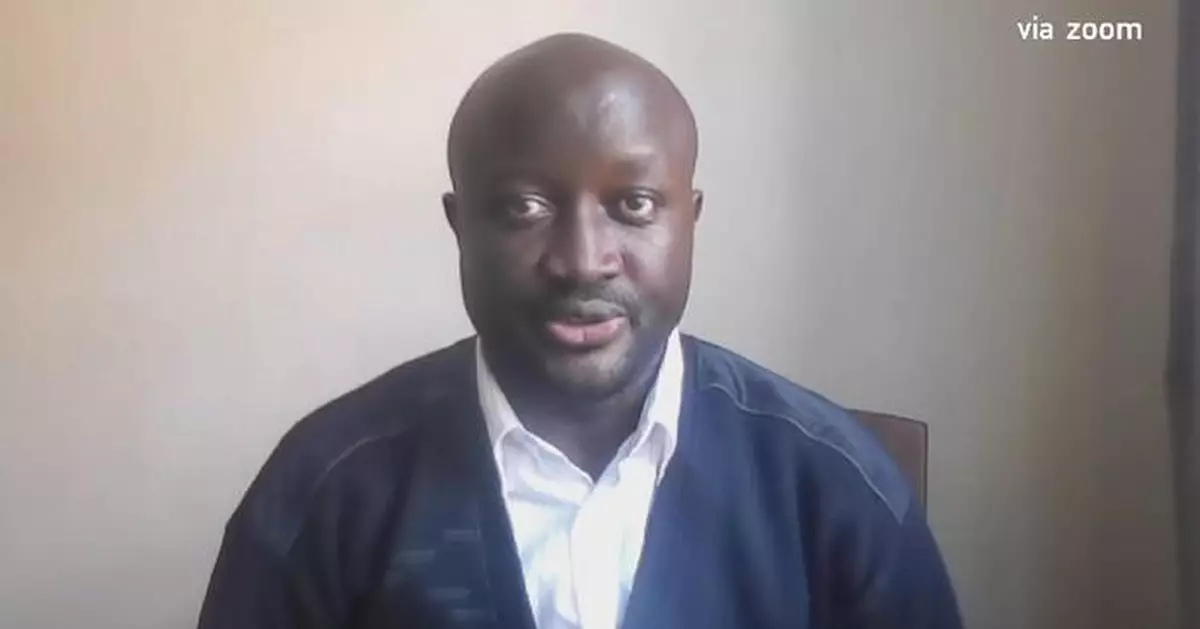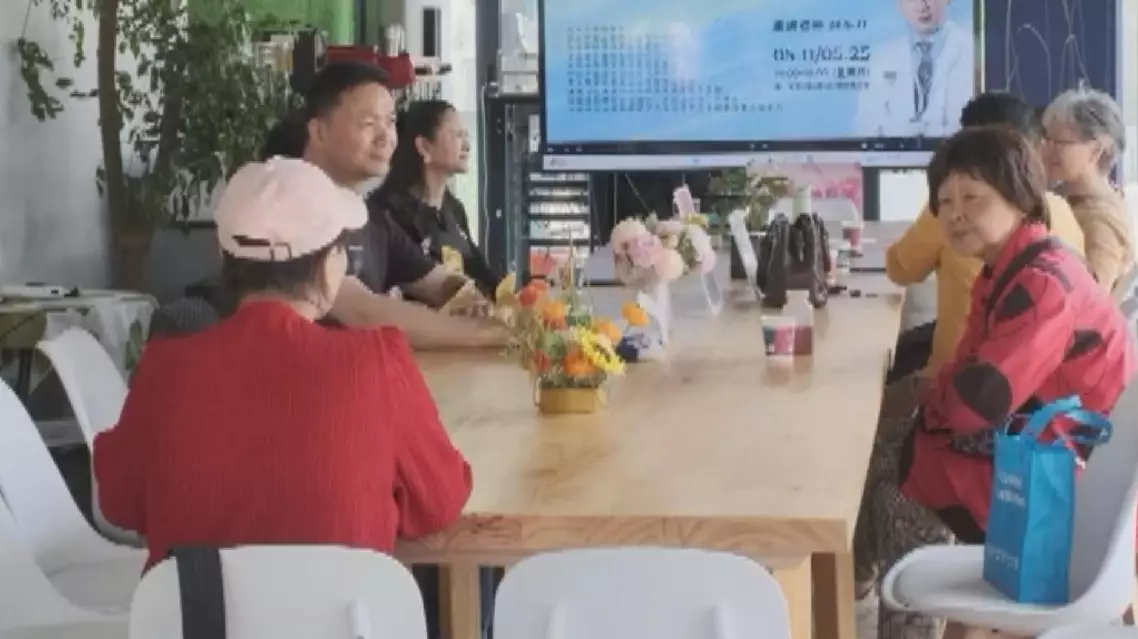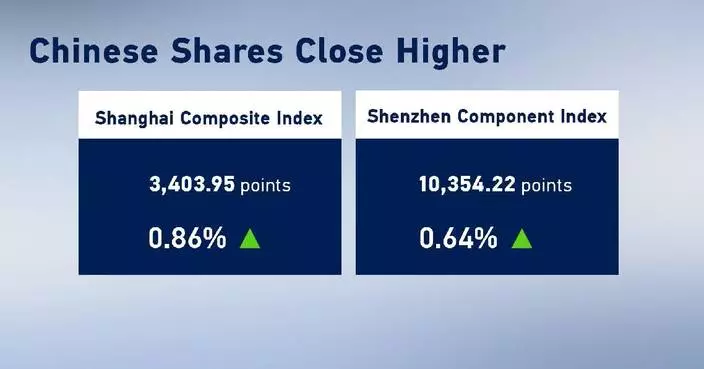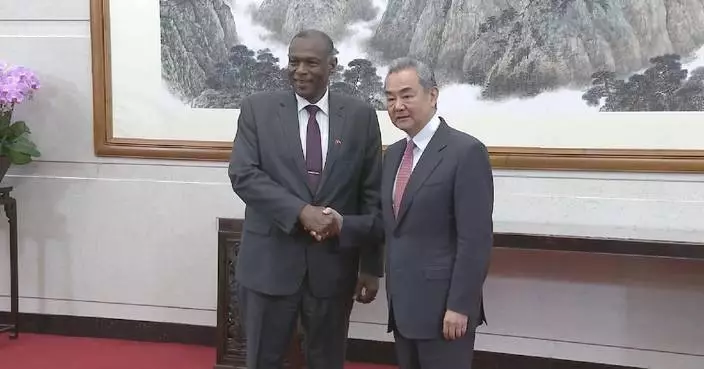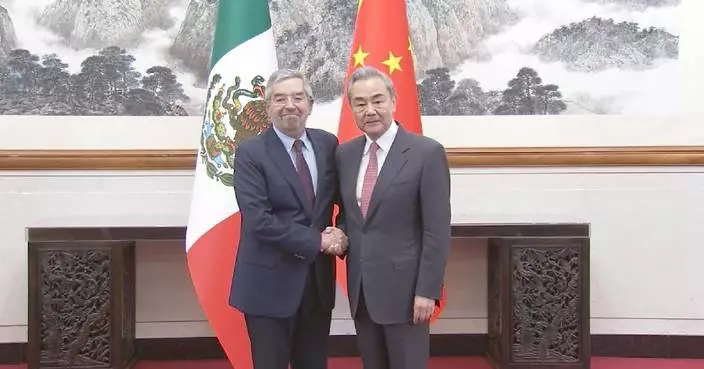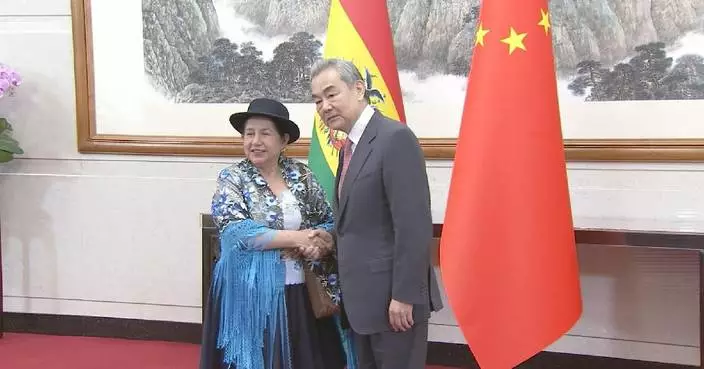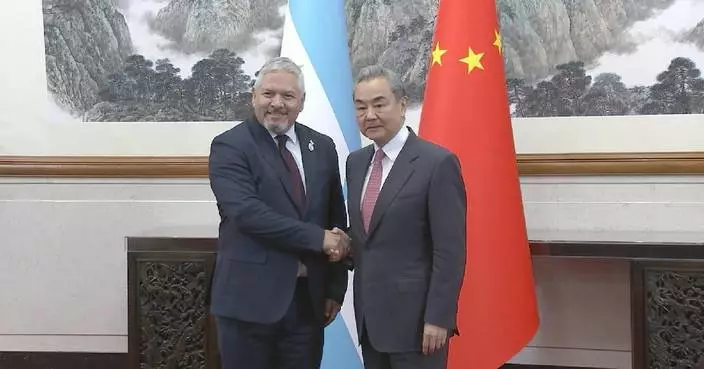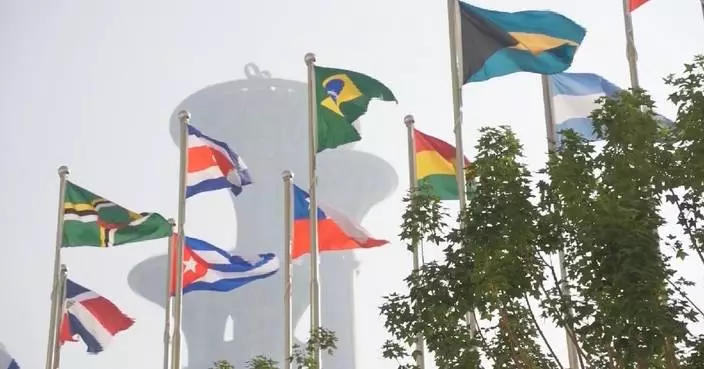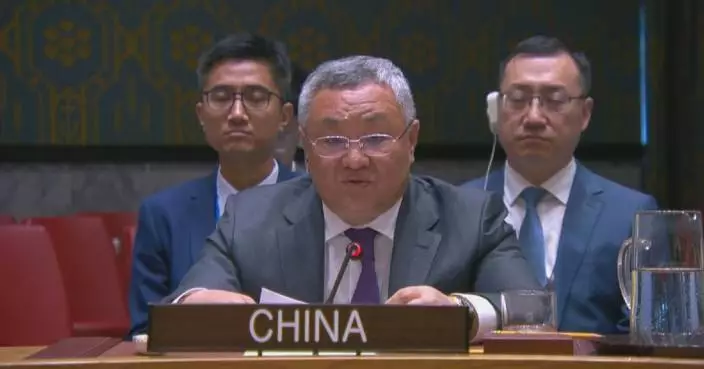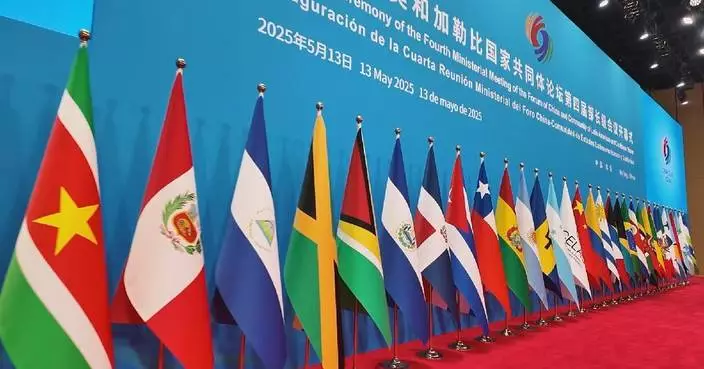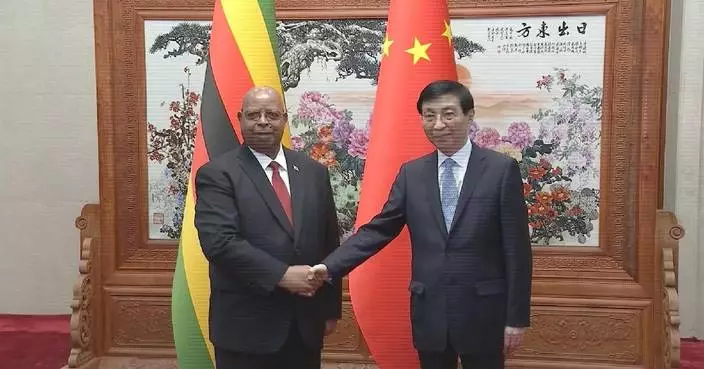The implementation of the African Continental Free Trade Area (AfCFTA), despite being accelerated this year, continues to face challenges and progresses slowly, a Kenyan economist said.
Encompassing 54 economies, the AfCFTA aims to establish the world's largest free trade area measured by the number of countries participating and boost intra-African trade, which currently stands at just 14.4 percent of total exports.
The agreement has been enacted in several nations, including South Africa, Ghana and Kenya. According to a report by Al-Mal News, an Egyptian daily, intra-regional trade is projected to grow from 192.2 billion U.S. dollars in 2023 to 520 billion dollars by 2030, driven by the launch of the AfCFTA.
The World Bank projects that the AfCFTA could boost the continent's income by 7 percent by 2035 and lift 30 million people out of extreme poverty.
"One of the challenges that is affecting the progress around the African Continental Free Trade Area has been basically some of the non-tariff barriers issues. Most of the focus has been on the trade barriers, but of importance is also the non-tariff barriers, things to do with customs procedures and also those import restrictions," Churcill Ogotu, a Nairobi-based economist, said in an interview with China Global Television Network (CGTN).
African leaders are focusing on the complete removal of tariff barriers, which the African Union estimates could boost the continent's revenues by 450 billion U.S. dollars by 2035.
Exports within Africa currently account for just 16 percent of the continent's foreign trade. By comparison, the figure for the European Union is 63 percent.
African countries have historically focused on trading with other continents rather than engaging in significant trade with one another.
"And if you look at it from a legacy perspective, you find that most of the West Francophone countries have linkages with France, and the Anglophone countries have linkages within the Commonwealth, the UK. And you find that the trades basically are favoring those legacy links, so to speak," the economist said.
Trade experts emphasize that boosting intra-African trade requires African economies to develop the capacity to produce desirable goods at competitive prices and establish efficient logistics for exporting them.
They argue that for it to succeed, the continent will require support from its foreign trade partners -- particularly its largest, China -- which has been making significant investments in Africa and taking on substantial commitments.
Chinese-led development has helped countries across the continent address their infrastructure deficit, providing a crucial boost to intra-African trade on the ground.
"We expect that the cross-border transactions should start easing up a bit. On a more longer-term basis, I think infrastructure needs to be sorted out. But that also kind of falls within the non-trade barriers that we are seeing. But that's still on the longer-term basis that needs to be sorted out. But in the near term, I think once the cross-border flows, the challenges around that have been unlocked, we could now be able to see at least some resemblance of progress within this intra trade," Ogotu said.
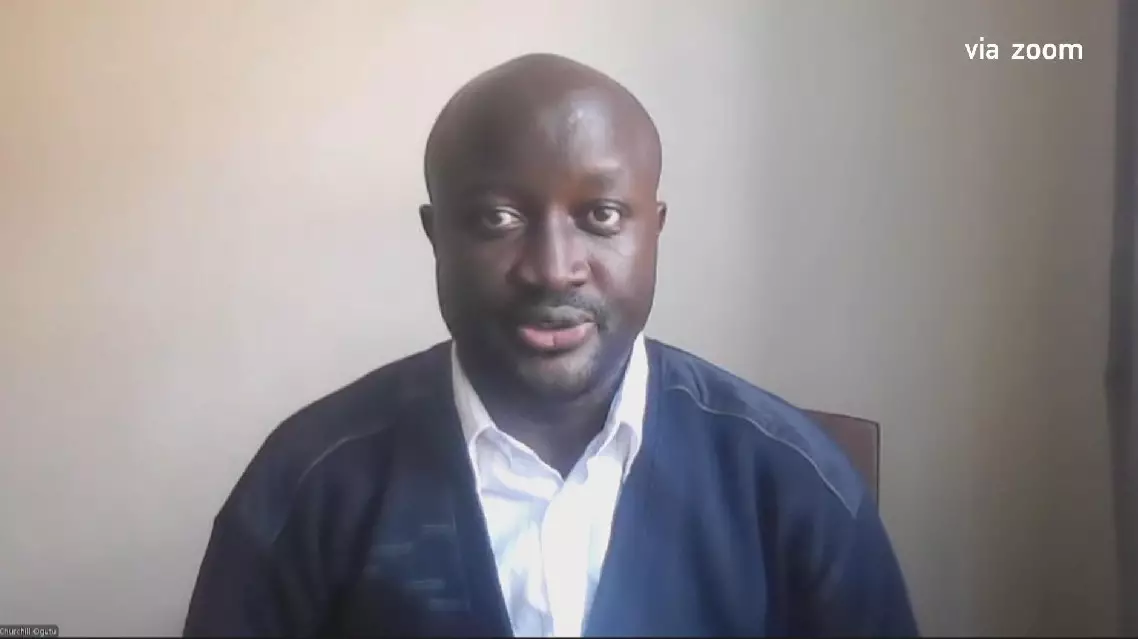
AfCFTA progresses slowly as implementation faces challenges: Kenyan economist


